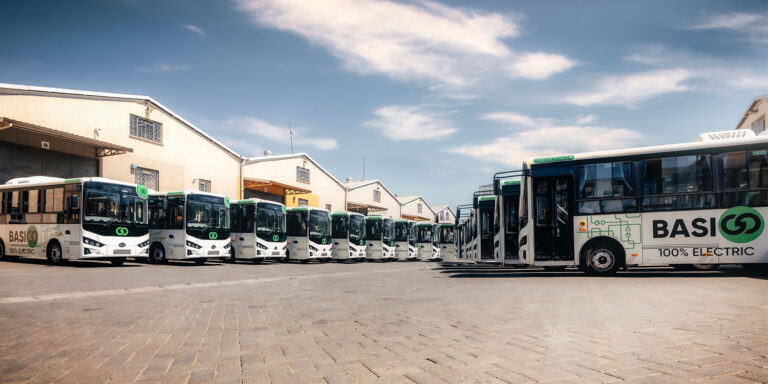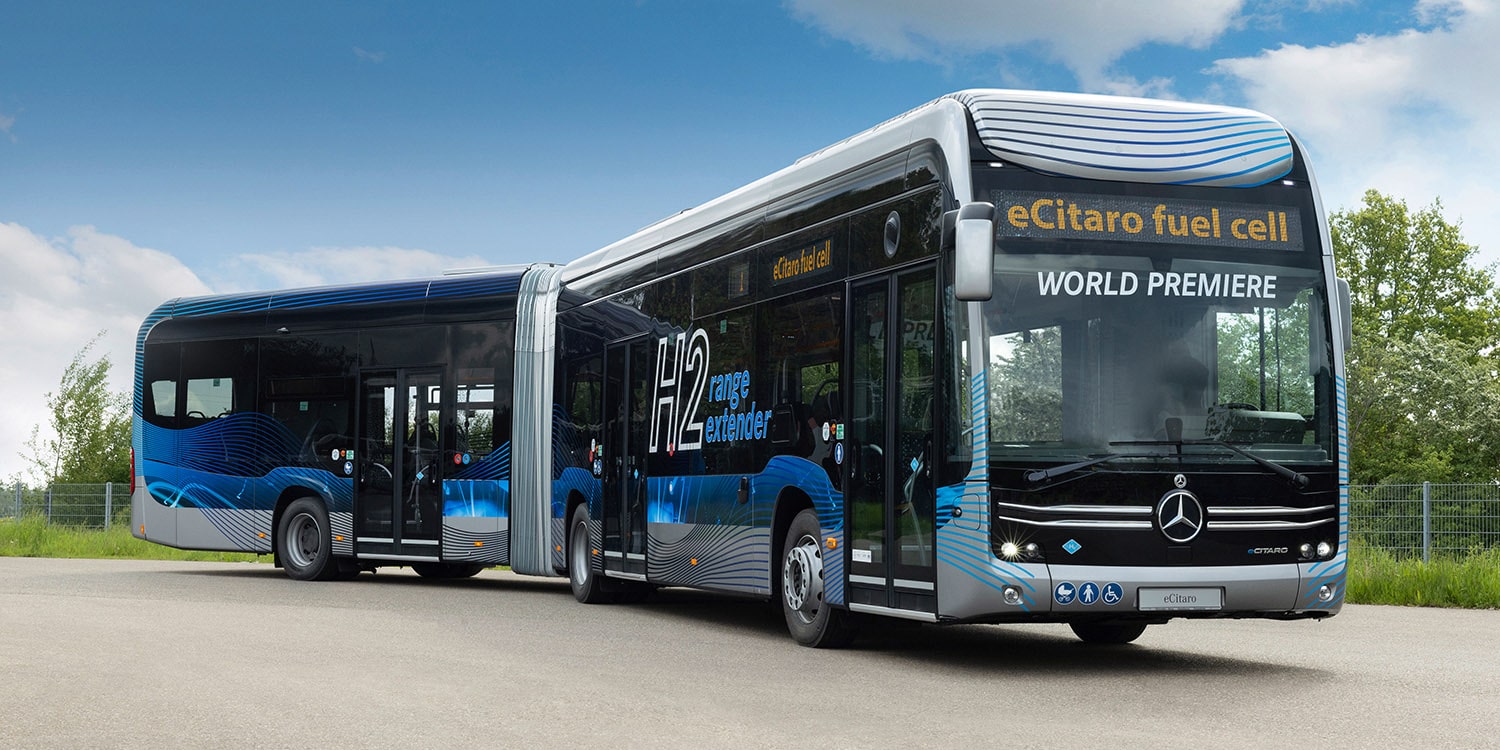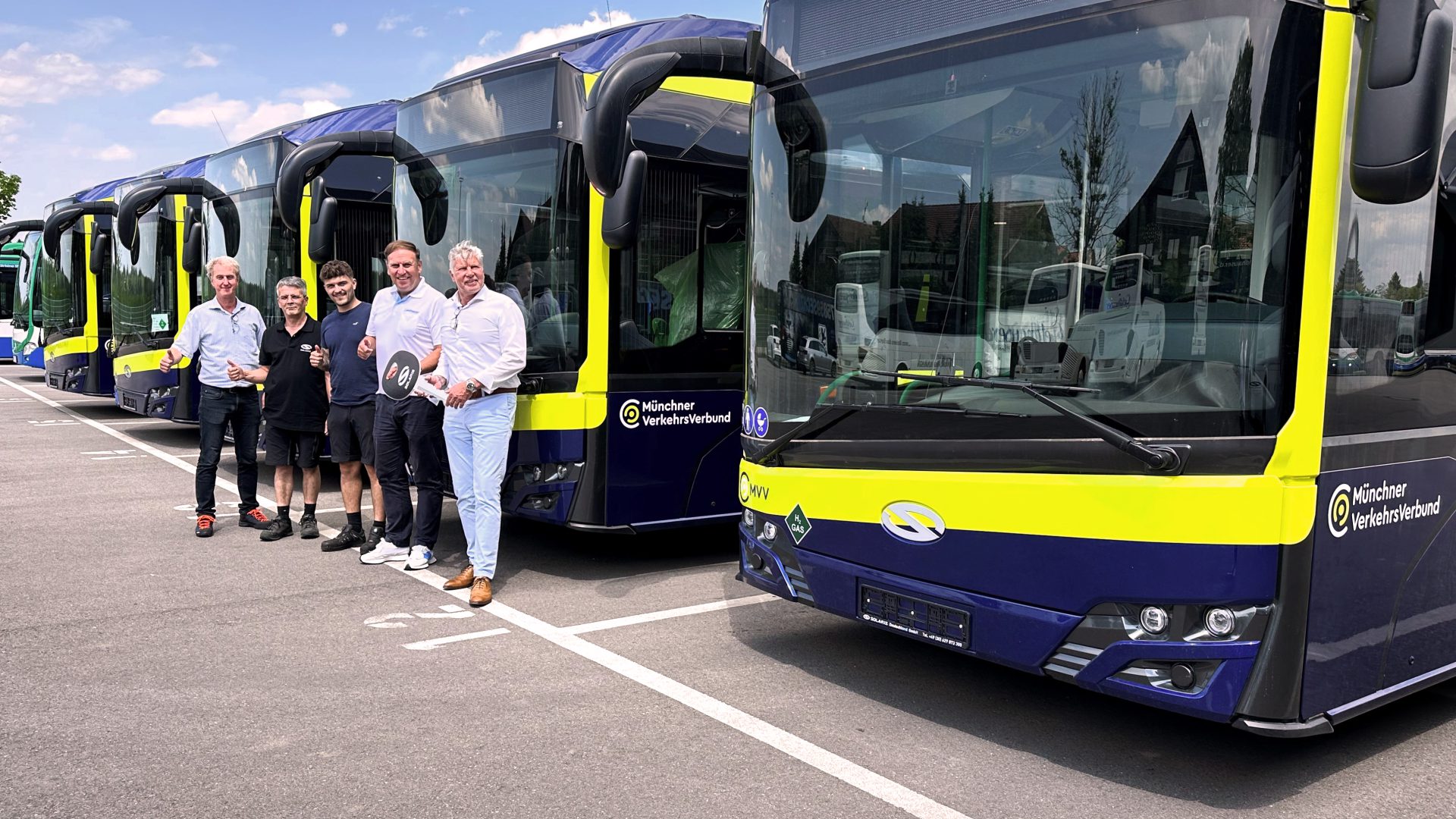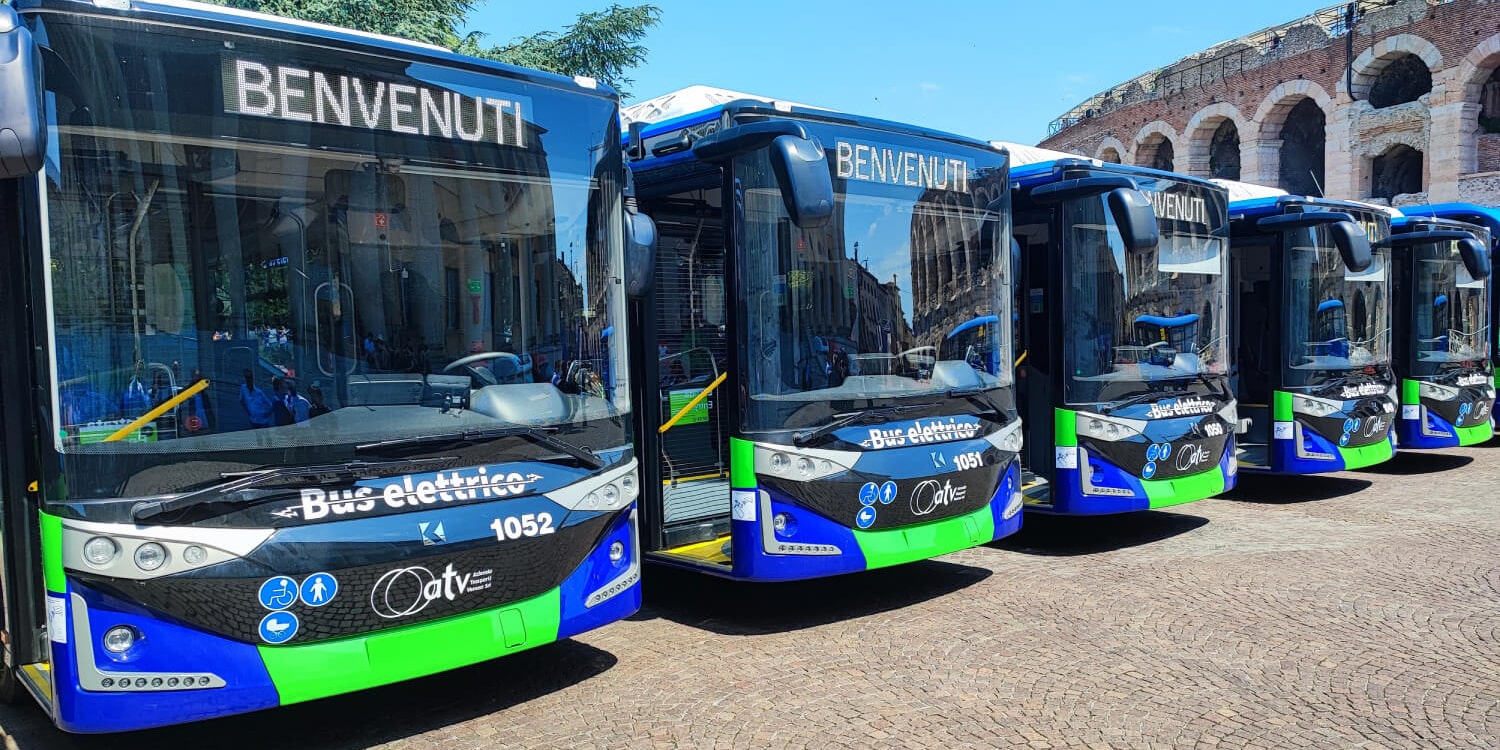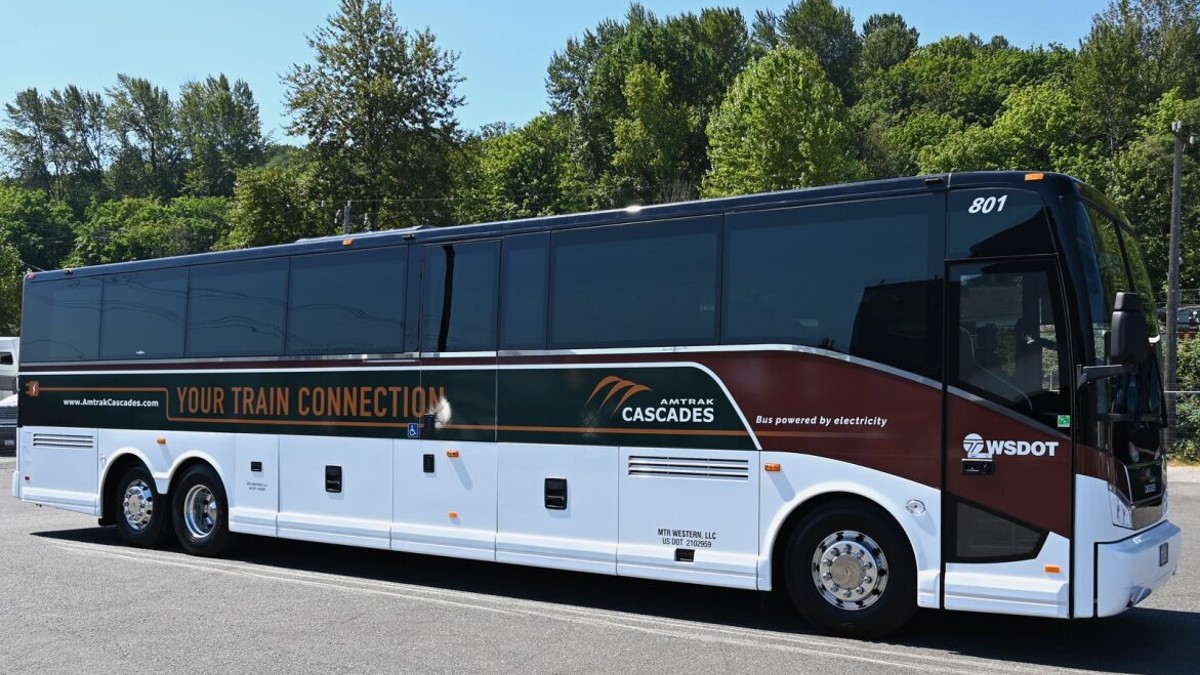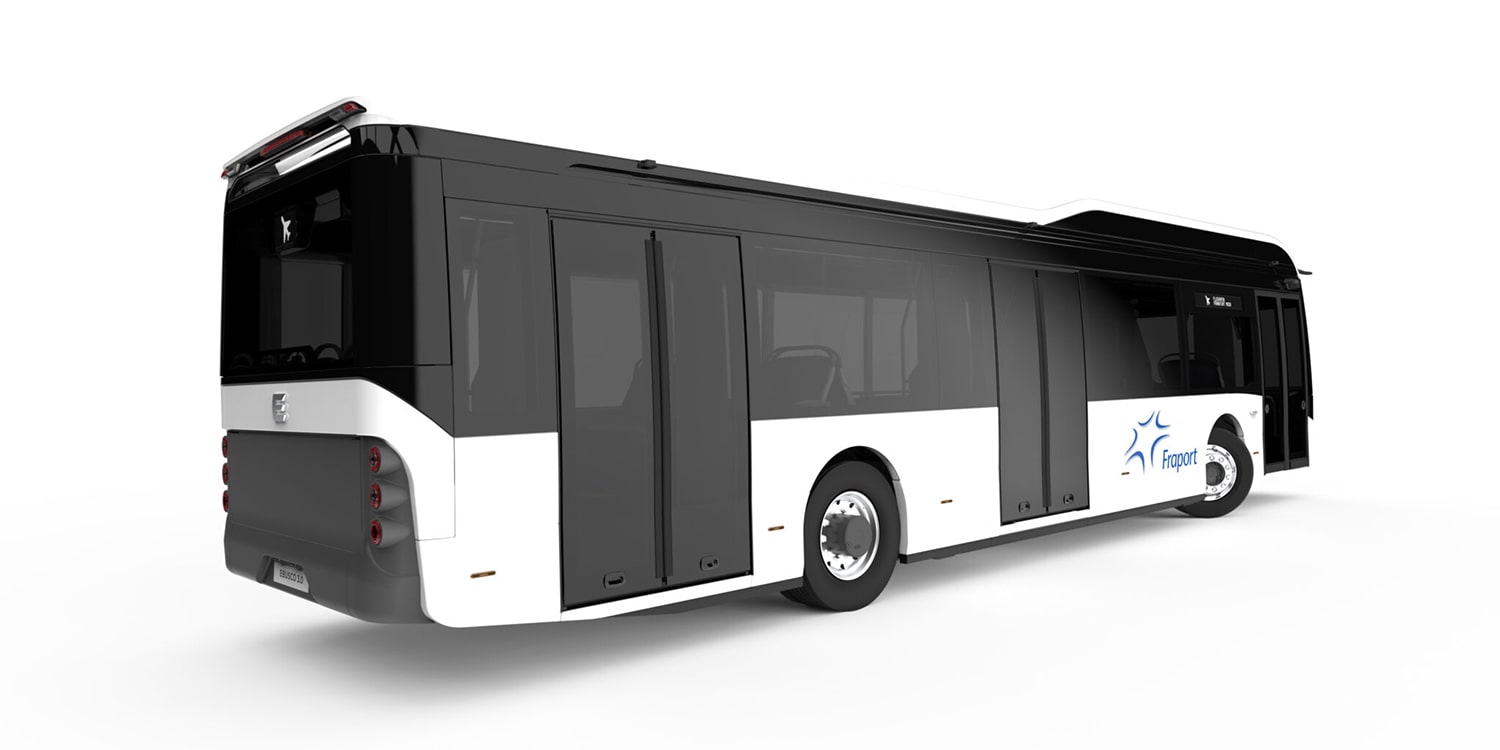BasiGo has marked its second foray into the African market with the introduction of BasiGo Rwanda. The new entity is set to play a crucial role in transforming Rwanda’s public transport system through the widespread adoption of electric buses.
In a strategic partnership with AC Mobility, a leading provider of automated fare collection systems for public transport in Rwanda, BasiGo aims to deliver 200 electric buses, as previously announced in June. The targeted timeline for this endeavor is to provide these buses to various bus operators in Rwanda by the end of 2024, leveraging a practical pay-as-you-drive financing system.
See also: BasiGo secures $6.6 million in new funding for electric bus roll out in Kenya
The implementation of the project is already well underway, with the first batch of electric buses destined for Kigali, the capital city, expected to be delivered to transport operators starting October of this year. BasiGo has already exhibited success in a similar initiative in Nairobi, Kenya, where they supplied 19 electric vehicles through a comparable financing model.
The electric buses deployed in both East African nations are sourced from BYD, utilizing their reliable K6 electric bus model. The vehicle boasts a seating capacity of 24 passengers, in addition to the driver, and can cover impressive distances of up to 250 kilometers on a single battery charge. BasiGo is actively involved in assembling these vehicles within Kenya.
Equipped with a powerful motor capable of outputting up to 100 kW, the buses utilize BYD’s lithium iron phosphate battery. Charging the electric bus is a streamlined process, requiring only 30 kW of nominal power, with a maximum capacity of 60 kW, ensuring a full battery charge in under four hours.
The financing approach adopted by BasiGo presents an attractive option for transport companies seeking to transition to electric buses. Leveraging a “pay-as-you-drive” or kilometer-based financing model, in collaboration with AC Mobility, substantially eases the financial burden associated with purchasing electric buses. As a result, the upfront costs for electric buses are nearly on par with those of diesel counterparts, driving greater interest and adoption in sustainable transport alternatives.
Under this financing model, operators can subscribe to BasiGo’s comprehensive service package, encompassing battery leasing, charging at BasiGo’s dedicated charge stations, and access to maintenance and service support. The holistic approach ensures a seamless transition to electric mobility while promoting environmental sustainability.
With the promising developments underway, BasiGo’s expansion into Rwanda’s public transport sector signifies a significant stride towards achieving sustainable and eco-friendly urban mobility solutions. As the electric bus project gains momentum, it holds the potential to revolutionize public transportation in Rwanda, serving as a model for other regions in Africa to emulate.

